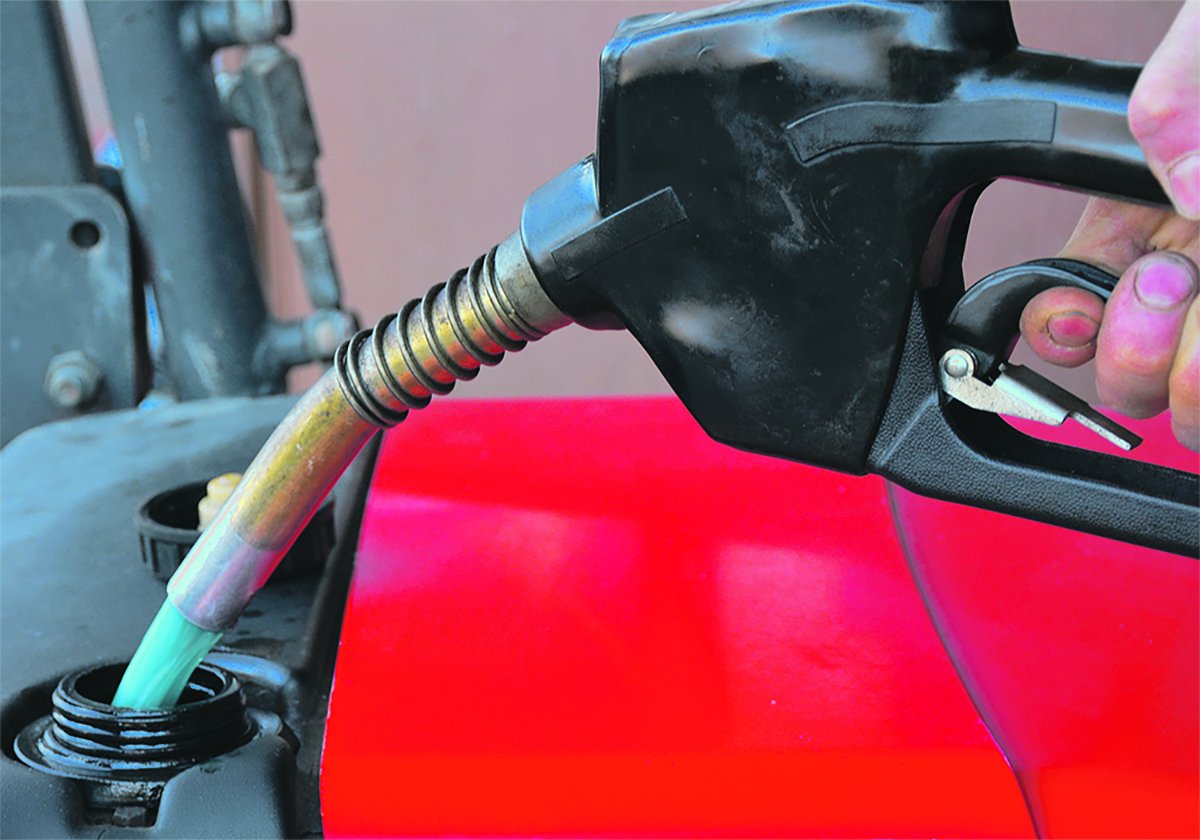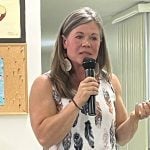BANFF, Alta. – The European Union is prepared to compromise in search of a new agricultural trade deal, but it also is willing to see those talks fail if other countries do not compromise on some of its key demands.
Franz Fischler, EU agriculture commissioner, carried that blunt message last week to some of his most harsh critics – members of the 18-country Cairns Group of medium-sized food exporters.
“If our flexibility is met by absolutist demands, then we will have no alternative to taking up absolutist positions ourselves and the negotiations will founder.”
Read Also

Alberta may eliminate marked fuel
Alberta may soon stop selling dyed gasoline and diesel.
Fischler said Europe will discuss reducing trade barriers, domestic supports and export subsidies, but only if other countries meet EU demands that such “non-trade issues” as food safety and animal welfare be discussed and that Europe be allowed to continue subsidizing farmers for non-agricultural benefits provided to society.
He said countries like Canada also must be willing to consider EU arguments that state trading enterprises such as the Canadian Wheat Board are trade distorters.
“You in the Cairns Group apparently still consider that further reductions in export subsidies should not be conditional upon rules and disciplines designed to limit other forms of distortion on world export markets,” said Fischler.
“We not only maintain our position, but find your position as somewhat inconsistent with your basic objective of reducing distortion in world trade.”
Cairns leaders from Canada and Australia were careful to say that Fischler’s appearance was a good opening and that the two sides share some positions.
However, they rejected many of the EU’s demands and continued to insist the EU is one of the world’s trading bad guys.
Canadian agriculture minister Lyle Vanclief said Canada is challenging the EU to present evidence that the wheat board distorts trade.
“All we have is rhetoric, not facts,” he said.
And Australian trade minister Mark Vaile rejected the EU demand that environmental, food safety and animal welfare issues become part of the talks.
“Our concern is that they (protectionist countries) see all of these as grounds for continuing high support and protection levels,” he said.
“Introducing those issues is likely only to divert and delay (World Trade Organization) negotiations.”
Fischler’s appearance at the 21st Cairns Group meeting – the first by an EU official – underscored the vast distance that separates the two sides in the trade talks.
He accused Cairns members of ignoring progress that Europe has made in switching to farmer support that is not linked to specific crops, and in opening its markets to imports.
Fischler said the EU is the largest food importer in the world and runs a trade deficit with Cairns countries.
He contrasted the EU’s progressive subsidy reductions with the subsidy binge currently under way in the United States.
“We have maintained our direction, something which our great competitor the U.S. found itself unable to do following the reform it introduced in 1996,” he said.
“Progressive and consistent reform is certainly preferable to ambitious plans which crumble as soon as market conditions or political conditions become difficult.”














